Palmetto Bluff Real Estate Company Sales Office
Office Hours
Monday-Friday 9am - 5pm
Saturday 9am - 4pm
Sunday 12 - 4pm
Saturday 9am - 4pm
Sunday 12 - 4pm
Before he was the director of the Palmetto Bluff Conservancy and steward of the Bluff’s bucolic splendor, Jay Walea was a guide for Union Camp. Beginning as an intern in the ’90s, Walea’s job was to lead Union Camp executives into the field for hunting and fishing trips, navigating the creeks and fields in search of fish, elusive deer, wild hogs, and more.
In those days, there was one rule: do not feed the guides. It was a rule that then-head chef “Miss Bessie” gleefully ignored.
“Miss Bessie and I were very close,” Walea said. “The guides weren’t supposed to get food or anything like that. Even though Miss Bessie worked for Charlie [Union Camp Manager Charles Bales] and that bunch, she would tell them it didn’t matter what they said. She was going to feed her Jay Baby.”
(For his part, Bales points out with a hearty, Southern-dusted laugh that eventually he did soften the rules somewhat. “All that changed gradually over time. Jay and I and the others sat around that table in the back room many a morning.”)
It was an act of kindness that Walea and his fellow guides revered. Their jobs would take them far afield early in the day, leading executives through their hunting and fishing excursions, and would have them working with dogs or laboring in the skinning shed until the wee hours of the night, sometimes until one in the morning. It didn’t leave a lot of time to head home for grub.
When Miss Bessie fell ill and could no longer work in the kitchen, the task fell to her daughter Carol. The guides called her “Big Carol” and she continued her mother’s tradition of keeping the guides fed, no matter what the rules said.
“When we’d show up to pick up the hunters, they’d give us pastries and have coffee setup,” Walea said. “I was the only guide allowed to go to the kitchen . . . and they would fix me two sausage biscuits. The sausage biscuits were my favorite in the morning.”
Big Carol’s culinary brilliance didn’t just extend to contraband biscuits. Bales remembers nights spent entertaining guests over dinners that ranged from thick, juicy steaks to Lowcountry staples like seafood, red rice, barbecue, and “the best fried chicken in the world.” What’s more, she and the rest of the crew in the Union Camp kitchen were locavores before it was hip, sourcing local vegetables from area farmers and their own gardens.
“It was always interesting. The folks in the kitchen were always trying to come up with all kinds of different things from chicken wings to frog legs or boiled shrimp, you name it,” Bales said. “The cool thing was that at least one evening meal, usually the second or third evening meal, they served down in what we called the barbecue pit.”
Tucked down near the water at the head of a pond, this outdoor oasis gave guests during the Union Camp days a chance to sample Lowcountry cuisine at its finest, under a blanket of stars. “All of that helped lend to a cut above Lowcountry experience,” Bales said. “Over the years, we had a lot of faithful people who worked a lot of long hours.”
That goes for both the chefs like Big Carol and the guides they fed, and Walea knew no matter how long he was out in the field, Big Carol would always have something waiting for him when he returned. “Carol would make crab balls using blue crab, like little miniature crab cakes. She made her own cocktail sauce that would blow your mind.”
With a tinfoil bowl of cocktail sauce and a handful of crab balls, Walea would return to the field fed and ready for more. Little surprise, then, that when Palmetto Bluff began plans for its first food truck, Walea was quick to suggest the name of his culinary benefactor from the old Union Camp days.
Written by Barry Kaufman
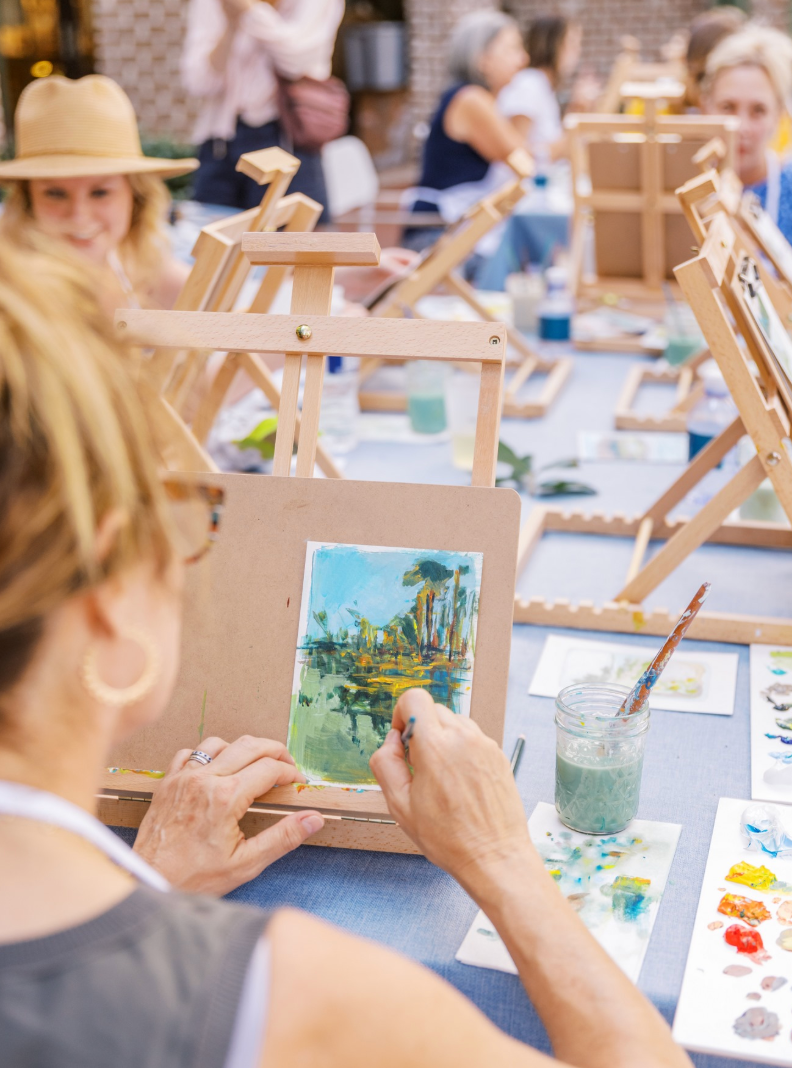
The Arts Initiative at Palmetto Bluff: 2026 Artist in Residence Artists and Workshops There’s a particular kind of quiet that settles over a workshop studio in the early morning; the kind where you can hear brushes moving across canvas, hands shaping clay,...
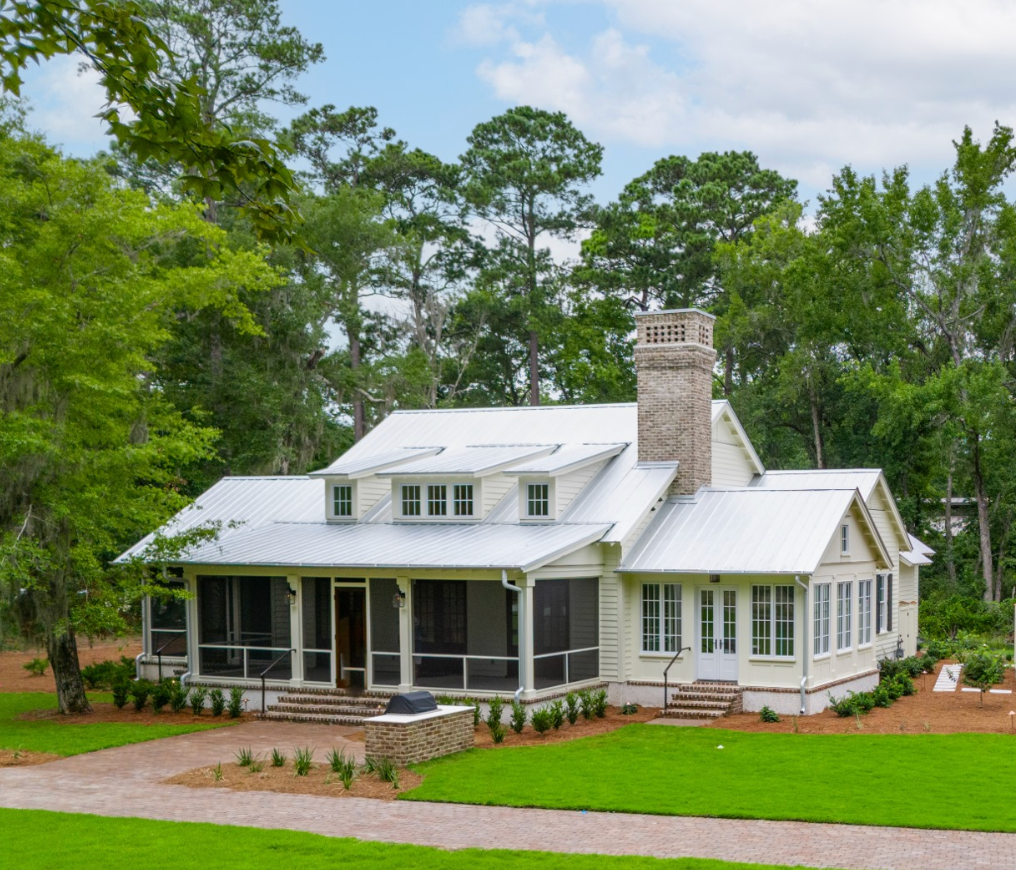
Montage Residences Palmetto Bluff: Turnkey Luxury Homes and Lucrative Real Estate Investments There’s a particular kind of real estate buyer who values their time as much as their money. They understand that true luxury isn’t just about owning things; it’s ab...
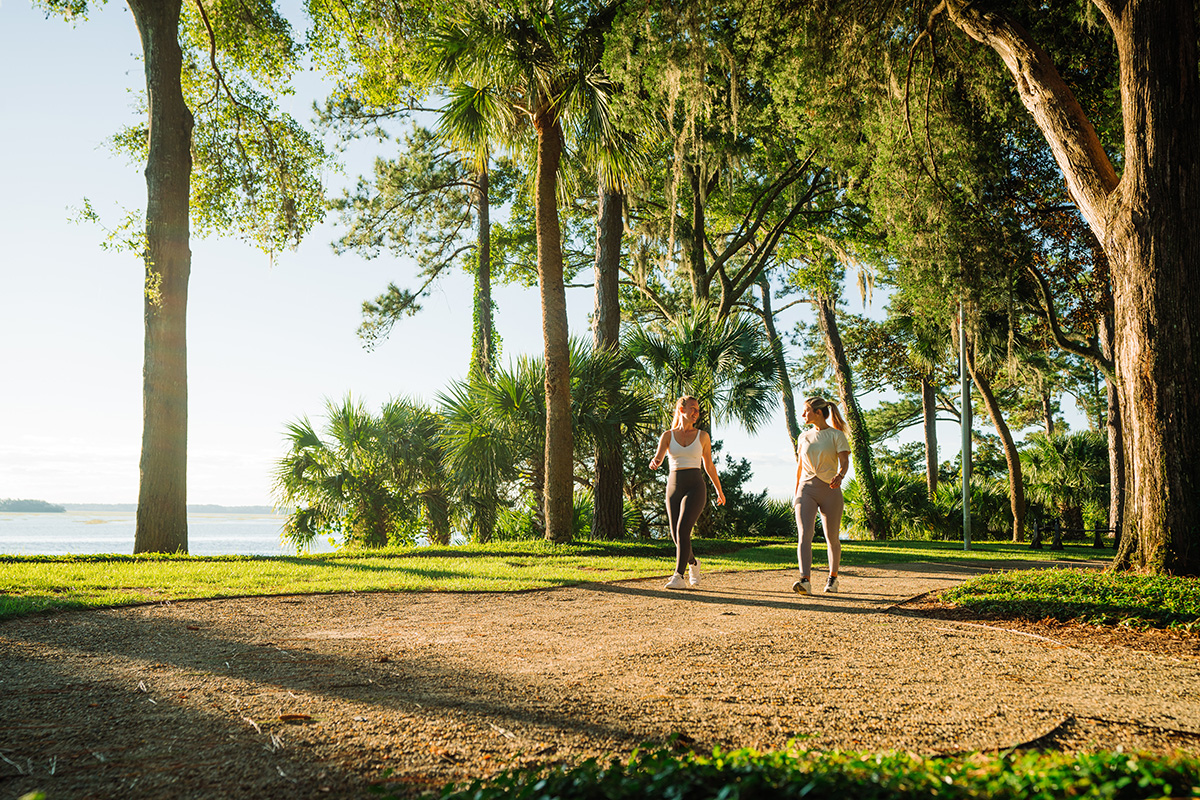
Before you let your New Year’s resolutions quietly fade, remember this: there are still eleven months ahead. Plenty of time. Plenty of possibilities. This year offers a different approach—one inspired by connection and support. At Palmetto Bluff, you’re sur...
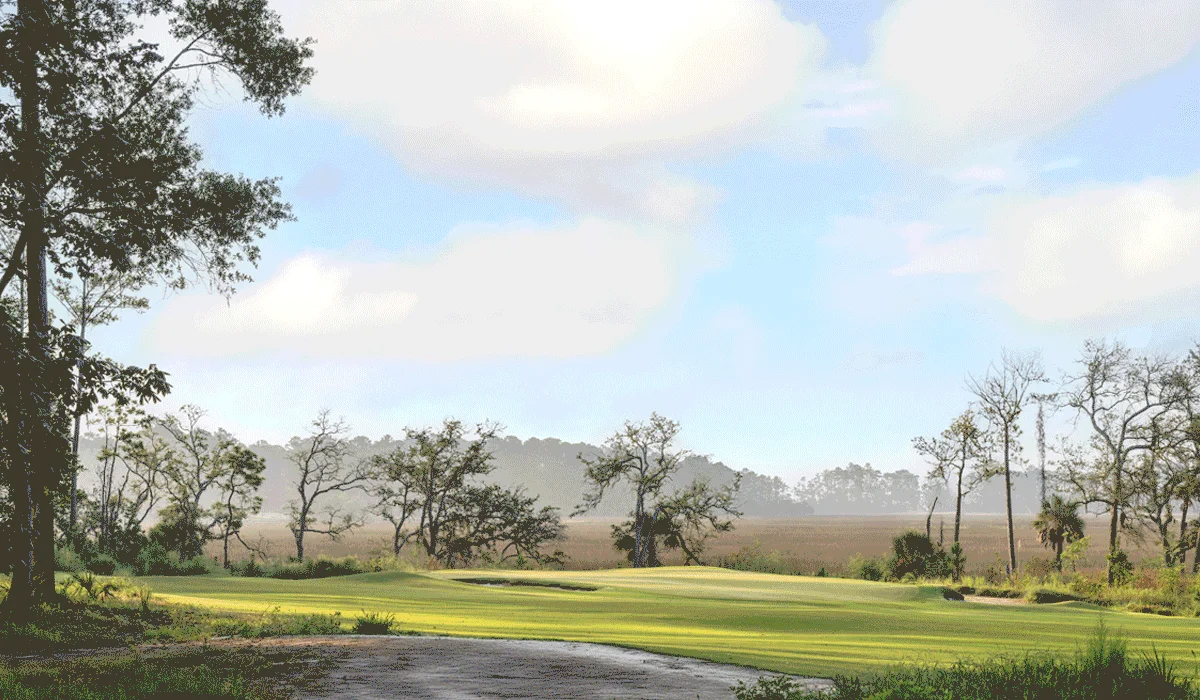
The newest golf experience at Palmetto Bluff is already drawing rave reviews. As the third pillar of golf experience at Palmetto Bluff, Anson Point brings with it a certain lofty set of expectations. After all, it’s hard to follow something like May River G...
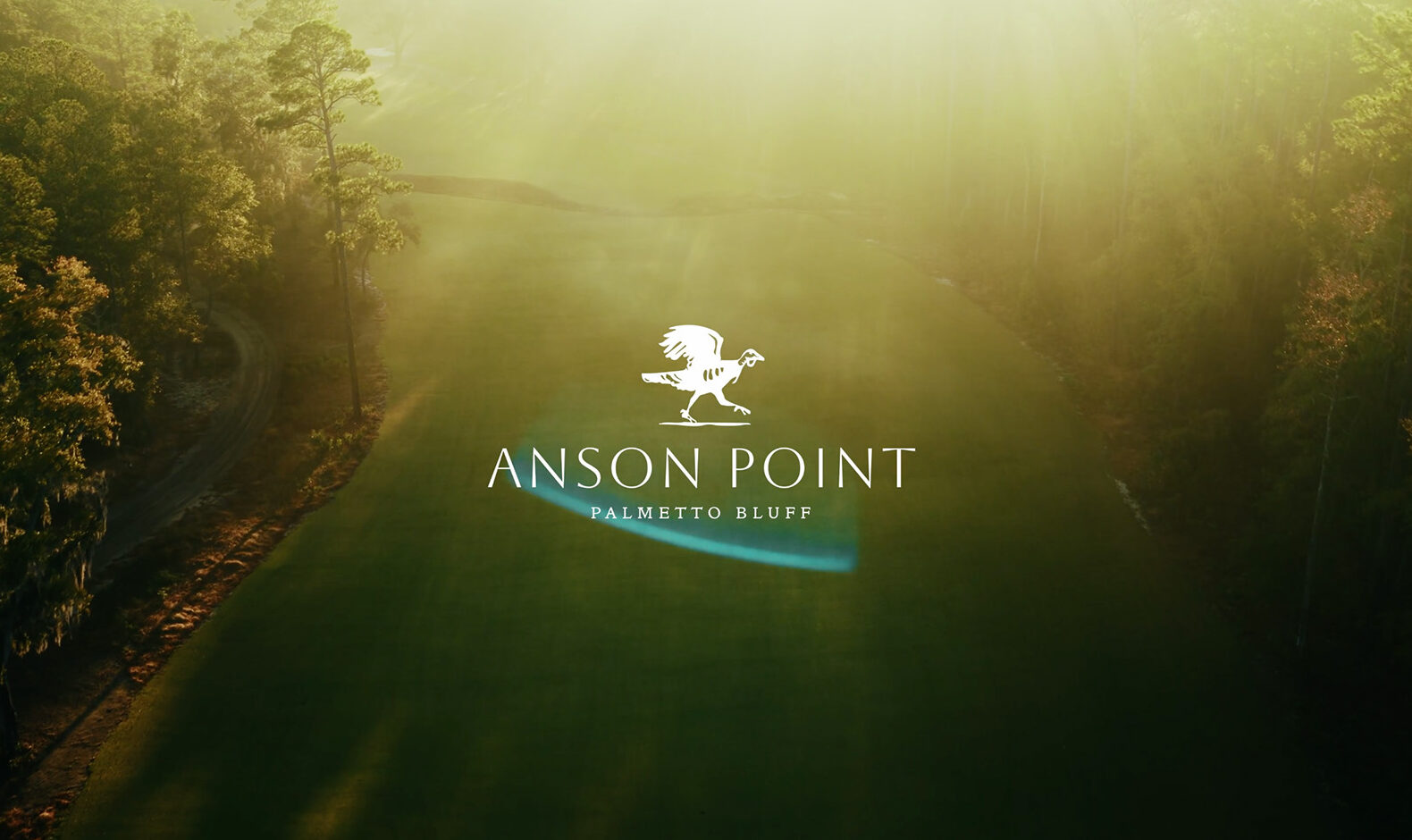
“It's the thrill of being involved in the creation, and it’s the gratification of watching that creation evolve in the manner which you’d hoped”.Bill Coore, Coore & Crenshaw Golf Course Architectshttps://vimeo.com/1155713833?share=copy&fl=sv&fe=c...
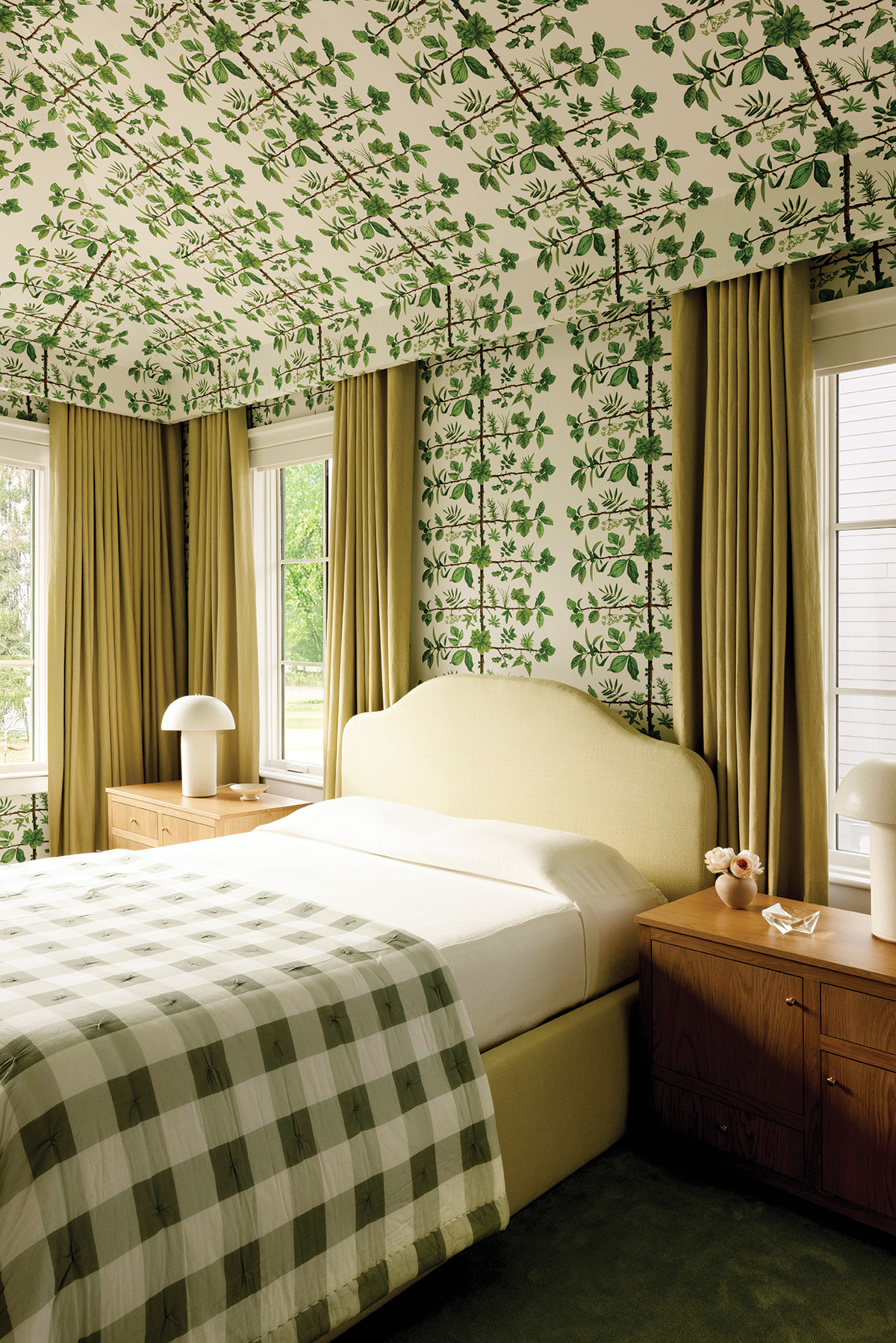
From punchy pastels to saturated jewel tones, color is breaking free of its neutral confines. In these artful Lowcountry homes, design becomes a joyful expression of personality and place.Story by Barry Kaufman / Photographs by Kelli Boyd and Nicole CohenInter...
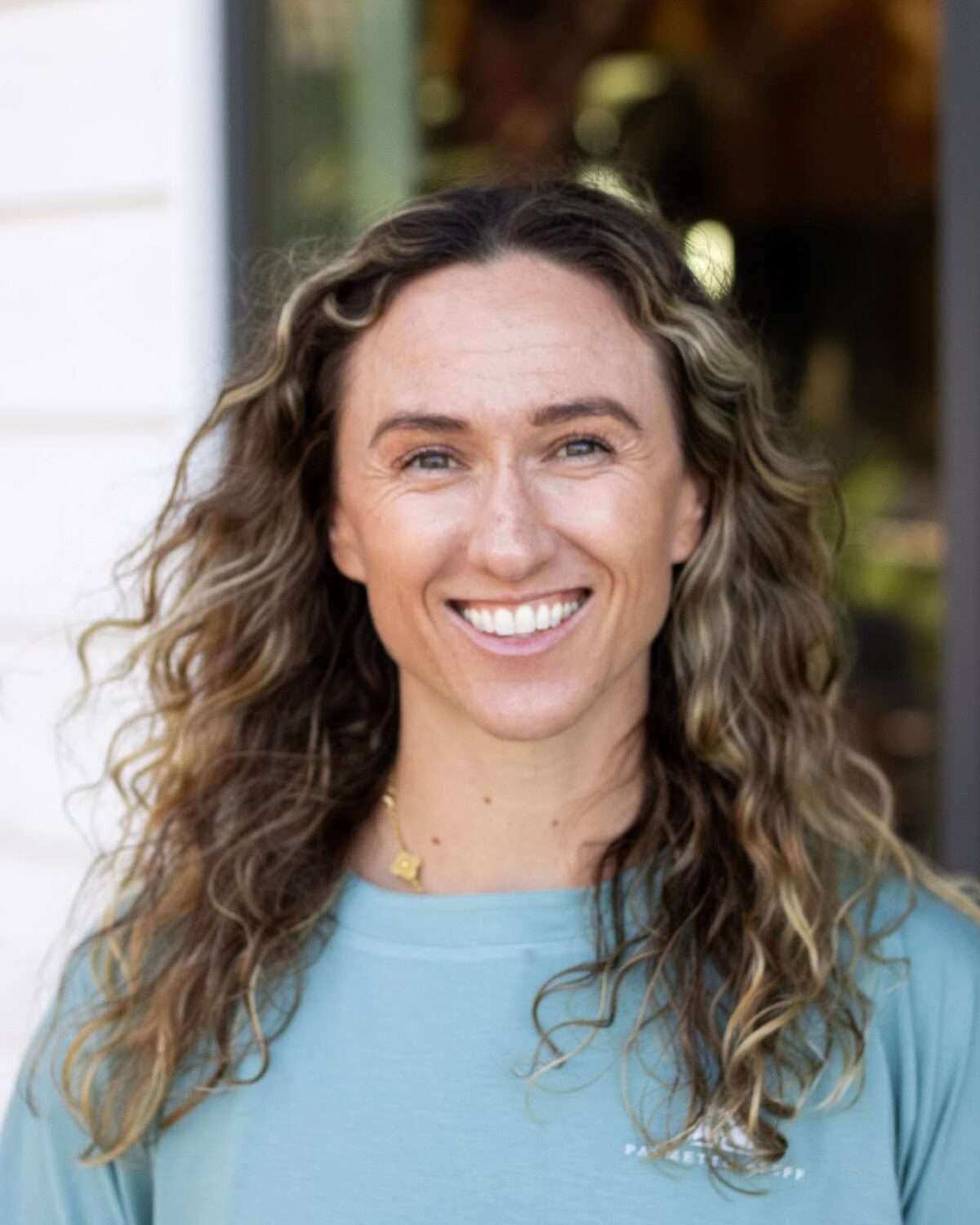
Inside the New Palmetto Bluff Club Fitness Center, Reformer Pilates Studio, and What Wellness Really Means Kendra Till's journey to Palmetto Bluff wasn't exactly a straight line. After growing up in Iowa and attending the University of South Carolina, her a...

Palmetto Bluff Real Estate: Why Winter is the Best Time to Buy Your Lowcountry Home There’s something about winter in the Lowcountry that reveals the true beauty of what life at Palmetto Bluff truly feels like. Century-old live oaks strung with lights cast ...
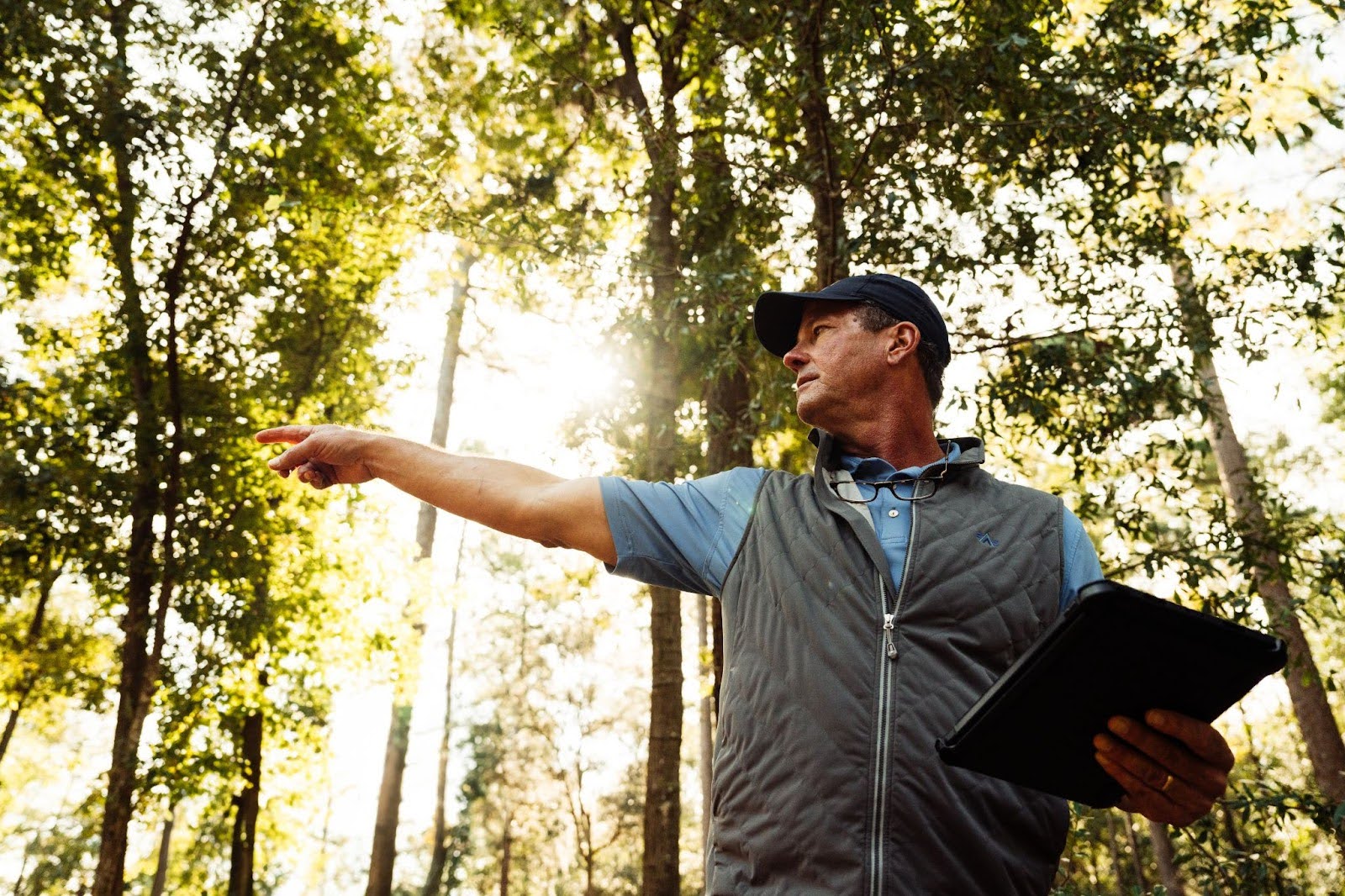
Anson Point Golf Course at Palmetto Bluff: A Coore & Crenshaw Nature-Forward Design Meet Palmetto Bluff’s Vice President of Development, Will Howard, a Georgia native who found his home in Bluffton over 20 years ago. As VP of Development, Will has a wide...
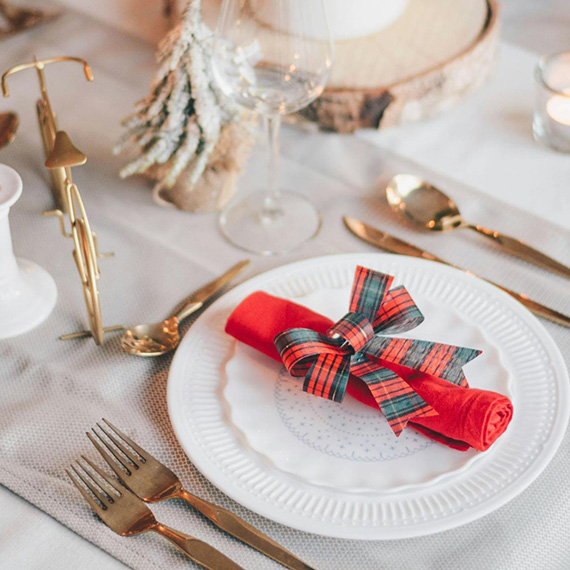
Warm, fragrant, and deeply comforting, Chef Beth’s Southern Sausage & Sage Stuffing is a holiday classic that brings together rich pork sausage, fresh herbs, and toasted bread for the ultimate savory side dish. Studded with green apples and aromatic vegeta...
We do not attempt to independently verify the currency, completeness, accuracy or authenticity of the data contained herein. All area measurements and calculations are approximate and should be independently verified. Data may be subject to transcription and transmission errors. Accordingly, the data is provided on an “as is” “as available” basis only and may not reflect all real estate activity in the market”. © [2023] REsides, Inc. All rights reserved. Certain information contained herein is derived from information, which is the licensed property of, and copyrighted by, REsides, Inc.